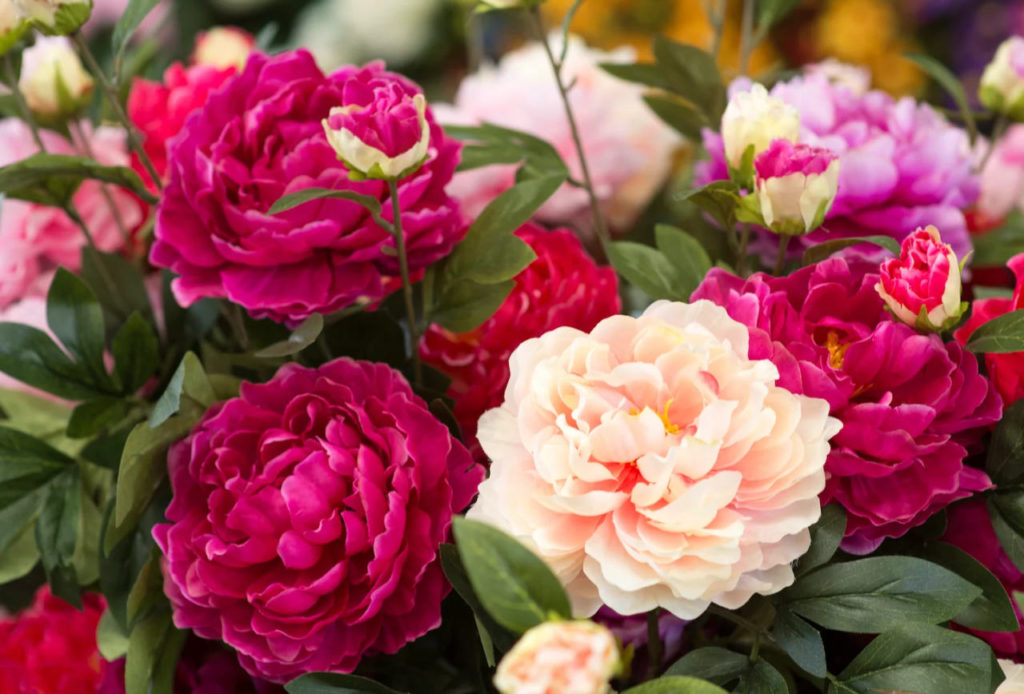Palampur – In a revolutionary stride towards transforming the Indian floral landscape, the CSIR-Himalayan Bioresource Technology Institute (CSIR-IHBT) Palampur has undertaken an initiative to locally cultivate peony flowers. This ambitious project may reduce India’s dependency on imported peonies, traditionally sourced from the Netherlands, and holds the promise of not only meeting the increasing demand for these exquisite blooms but also significantly improving the financial outlook for Indian flower growers.
The resplendent peony flowers, renowned for their captivating beauty and cultural significance, have become a sought-after commodity in the market, commanding prices upwards of Rs 500 per stem. By nurturing the growth of peonies within the Indian climate, CSIR Palampur aims to create a sustainable market for this high-value flower, providing local farmers with an opportunity to enhance their financial prosperity through flower farming.
This project is the result of a collaboration between CSIR Palampur, the Dutch company M/s Dirk Schipper, and Haryana-based M/s Red Mirchi Company. A Memorandum of Understanding (MoU) has been formalized, marking a significant step towards harnessing international expertise and resources to adapt peony seeds to thrive in the local environment. The collaboration involves an extensive research program to develop indigenous varieties of peony flowers that are well-suited to the Indian climate.
A scientist at CSIR Palampur shared insights into the project, stating, “We aim to adapt peony seeds to the local environment, ensuring successful cultivation in the cold climates of Lahaul-Spiti, Ladakh and Kargil. This collaboration marks a significant step towards achieving self-sufficiency in high-value flower production, positively impacting the economic prospects of local farmers.”
The first phase of the project involves importing seeds for 10,000 peony plants from the Netherlands. Once planted and cultivated, these flowers are expected to be ready for the market in four years. Peony bushes, known for their longevity, can produce 25 to 30 flowers each season, providing a sustainable source of income for farmers.
Peony flowers, with their cultural significance and various meanings, are often used in grand decorations and are considered a symbol of good luck, wealth, and compassion in different cultures. The success of this venture could not only meet the demand for these exquisite blooms but also open up new export opportunities, positioning India as a significant player in the global flower market.














